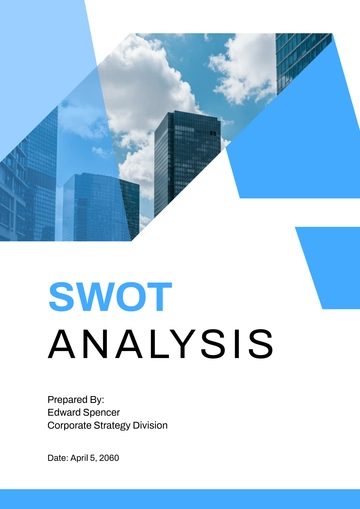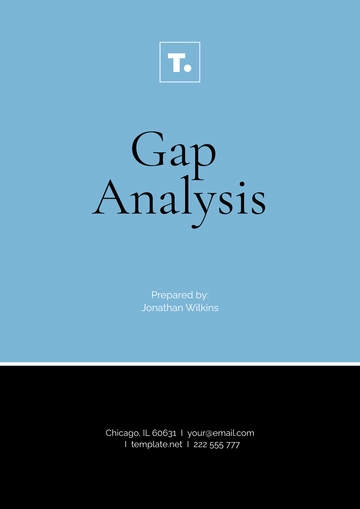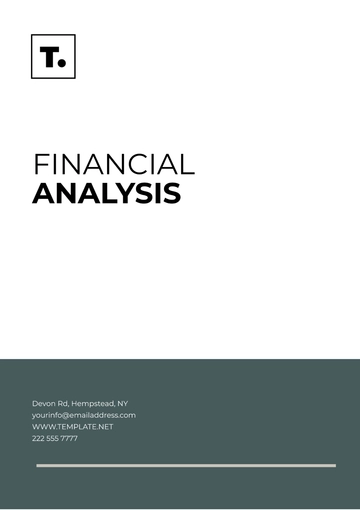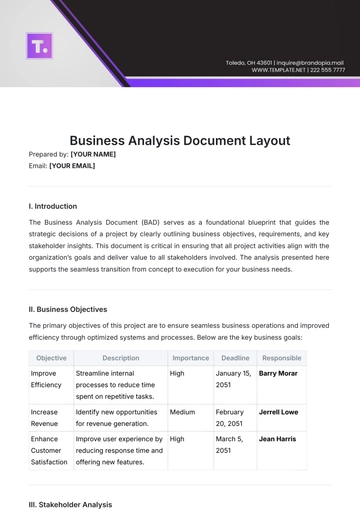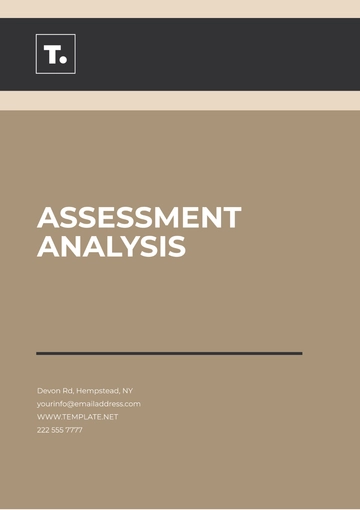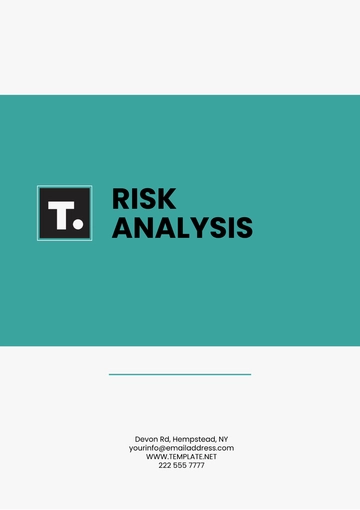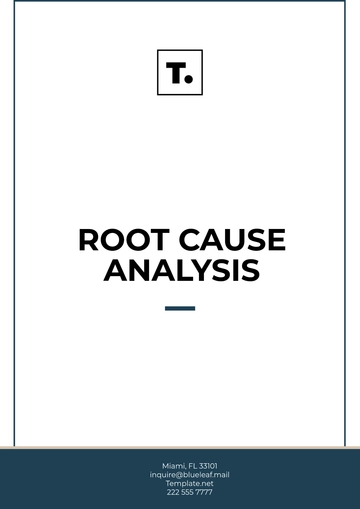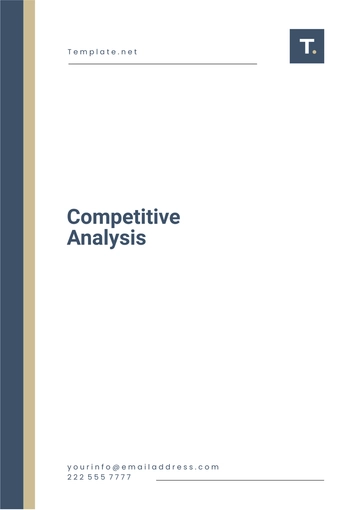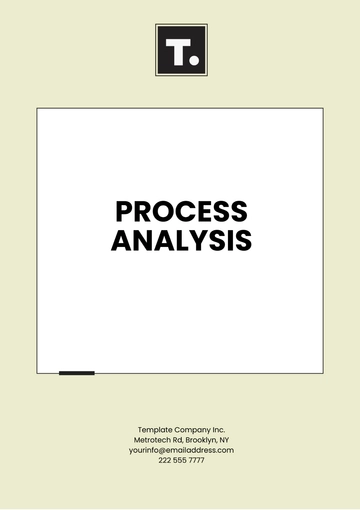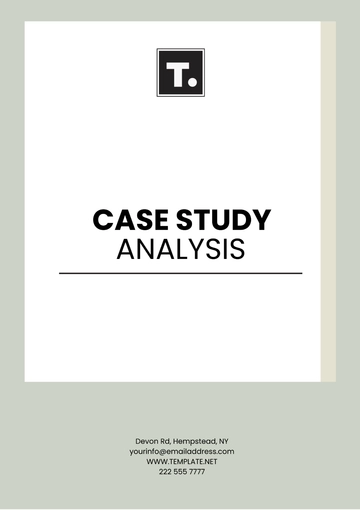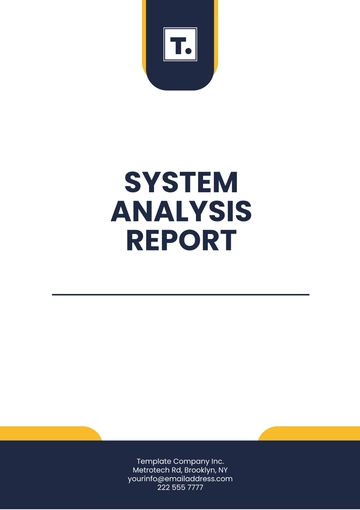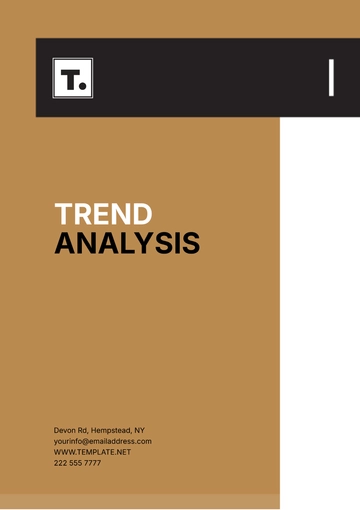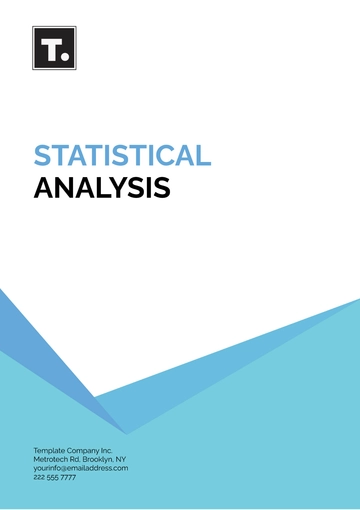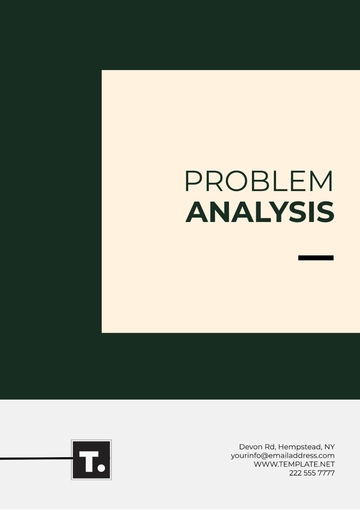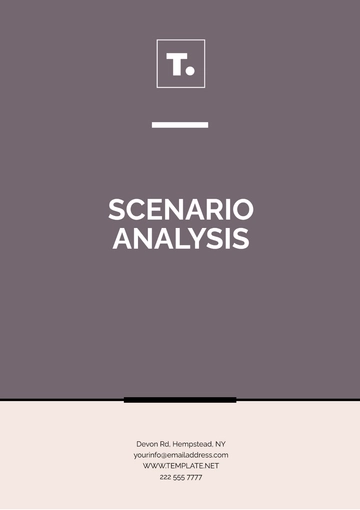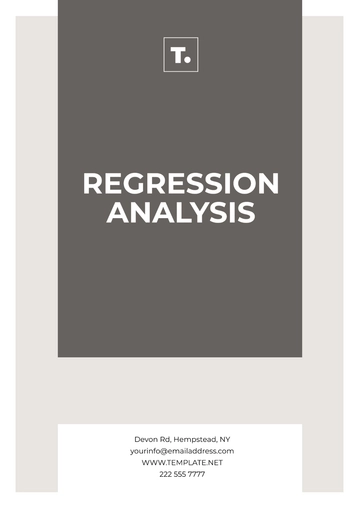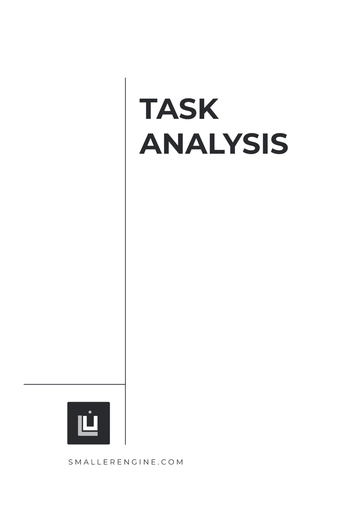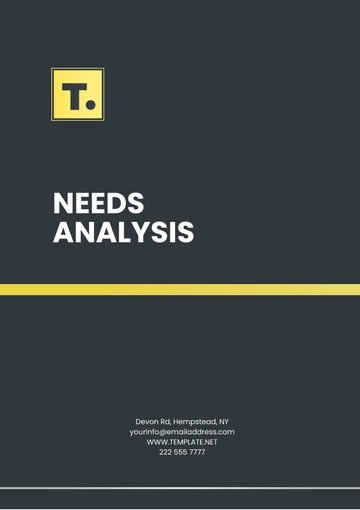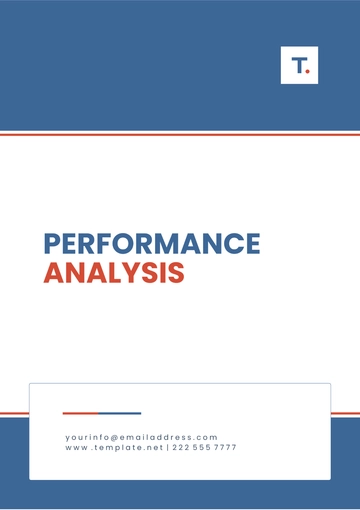Free Rhetorical Analysis Essay
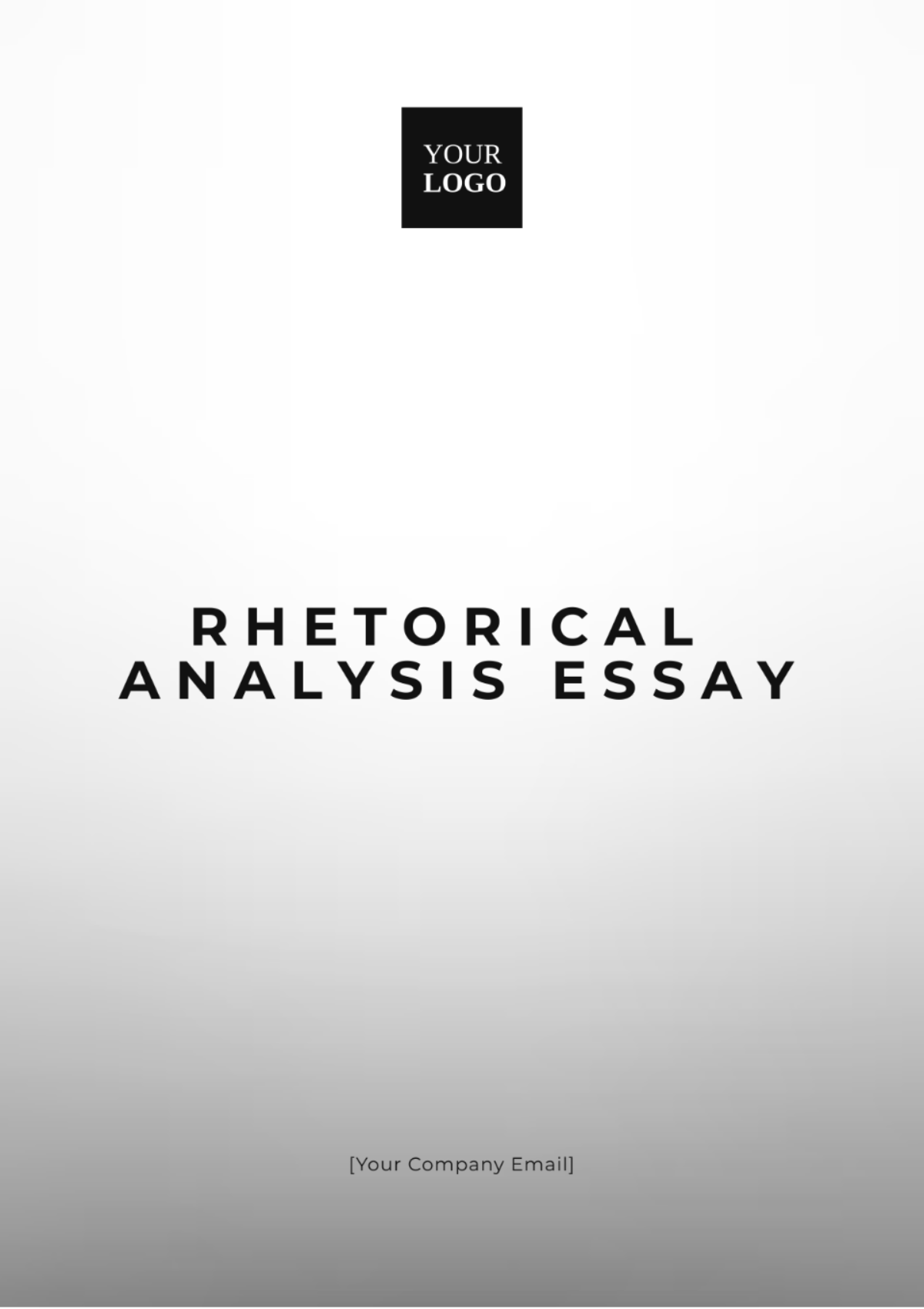
Prepared By: [YOUR NAME]
Date: [DATE]
I. Introduction
The text being analyzed for this essay is a speech delivered at the United Nations Climate Summit in 2050. This speech, intended to rally global leaders to take immediate and decisive action against climate change, showcases an extensive use of rhetorical strategies to convey its message effectively. The speaker, a renowned environmental scientist, seeks to inform, persuade, and motivate the audience toward actionable change.
II. Thesis Statement
The speech carefully employs ethos, pathos, and logos to compellingly advocate for immediate climate action, aiming to sway world leaders' policy decisions by highlighting the climate crisis's urgency and to inspire a shared sense of responsibility and prompt, decisive efforts to tackle the pressing environmental issues.
III. Body Paragraphs
A. Ethos: Establishing Credibility and Authority
The speaker begins by establishing credibility through references to an extensive background in environmental science and participation in groundbreaking climate research.
Strategies | Examples | Impact |
|---|---|---|
Professional Credentials | With over 20 years of research in climate science, I have witnessed the profound impacts of global warming first-hand. | By emphasizing extensive experience, this statement establishes the speaker as a knowledgeable authority, enhancing audience trust and message impact. |
Affiliations | As a key contributor to the Intergovernmental Panel on Climate Change, I have collaborated with leading scientists worldwide. | Affiliating with a prestigious organization boosts the speaker's credibility and reliability and highlights their commitment to climate change. |
B. Pathos: Engaging Emotions to Foster a Sense of Urgency
The speaker uses vivid imagery and powerful anecdotes to appeal to the emotions of the audience, evoking empathy and a sense of immediacy.
Rhetorical Device | Example | Impact |
|---|---|---|
Imagery | "Picture a future where fresh air and clean water are rare and precious resources." | Creates a vivid, emotional vision of the future, making climate change feel immediate and personal. |
Anecdotes | "I saw firsthand how rising sea levels forced entire communities to evacuate, leaving families without homes." | Humanizes climate change by sharing real-life experiences, making the issue more relatable and urgent. |
Emotional Appeals | "We must act now to prevent further devastation of our planet." | Appeals to responsibility and urgency, motivating action and emphasizing the moral need for change. |
C. Logos: Presenting Logical Arguments
The speaker supports emotional appeals and credibility with logical reasoning and factual evidence, presenting well-researched data to substantiate claims.
Strategies | Examples | Impact |
|---|---|---|
Statistics | "According to a recent study, global temperatures have risen by 1.2 degrees Celsius over the past century." | Provides concrete evidence, reinforcing the urgency of the issue and supporting her arguments. |
Cause and Effect | "If we continue to emit greenhouse gases at the current rate, we will face catastrophic consequences by 2050." | Clarifies the implications of inaction, compelling the audience to consider the logical outcomes. |
Historical Comparisons | "Just as past generations fought against injustice, it is now our turn to combat climate change." | Draws parallels to universally acknowledged historical struggles, making the current effort against climate change feel both noble and necessary. |
IV. Conclusion
In conclusion, the speech delivered at the United Nations Climate Summit is a masterful example of using rhetorical strategies to influence an audience. Through the establishment of credibility (ethos), emotional engagement (pathos), and logical argumentation (logos), the speaker compellingly advocates for immediate and decisive climate action. This analysis highlights the significance of these rhetorical techniques in making the message not only persuasive but also impactful on a global scale.
Analysis Templates @ Template.net
- 100% Customizable, free editor
- Access 1 Million+ Templates, photo’s & graphics
- Download or share as a template
- Click and replace photos, graphics, text, backgrounds
- Resize, crop, AI write & more
- Access advanced editor
Enhance your writing with the Rhetorical Analysis Essay Template from Template.net. This customizable and editable template offers a structured format for dissecting and analyzing rhetoric in any text. Editable in our Ai Editor Tool, it allows you to tailor your essay to meet specific requirements, ensuring clarity and coherence in your analysis. Perfect for students, educators, and professionals
